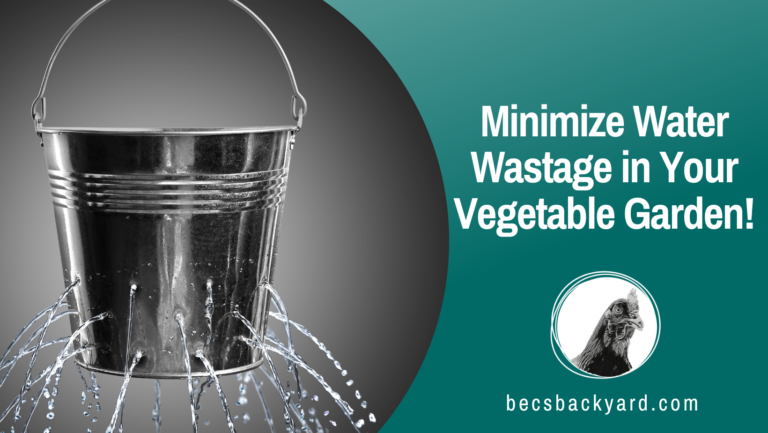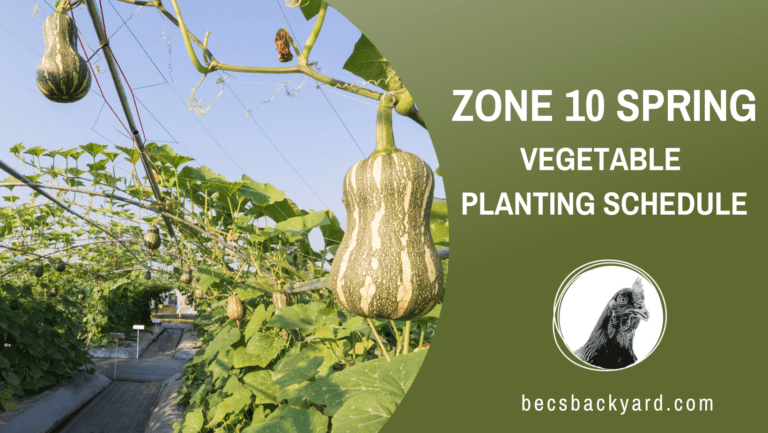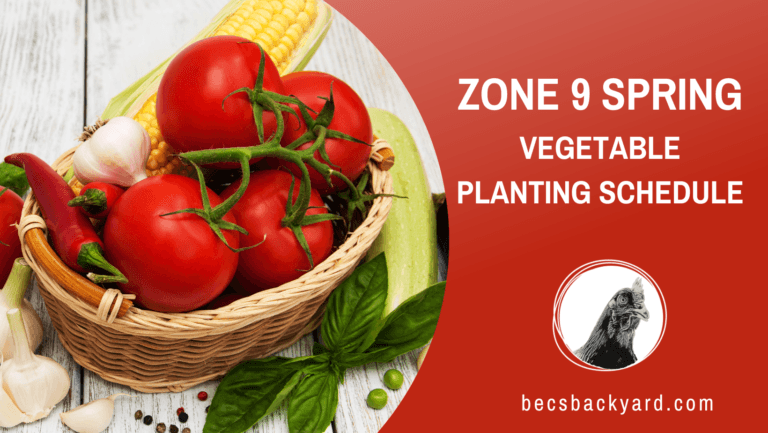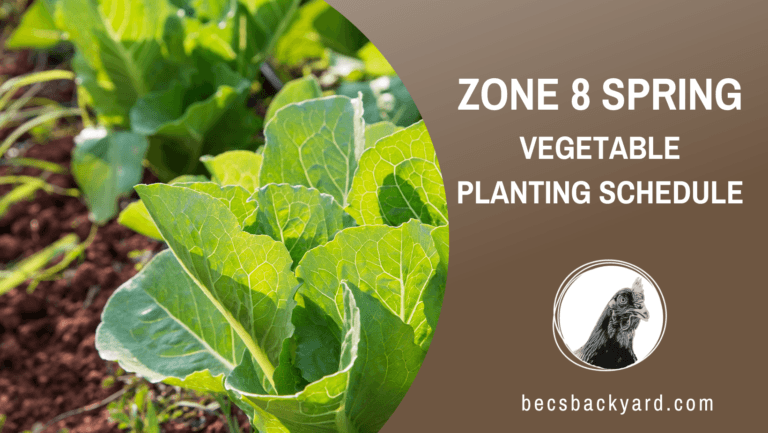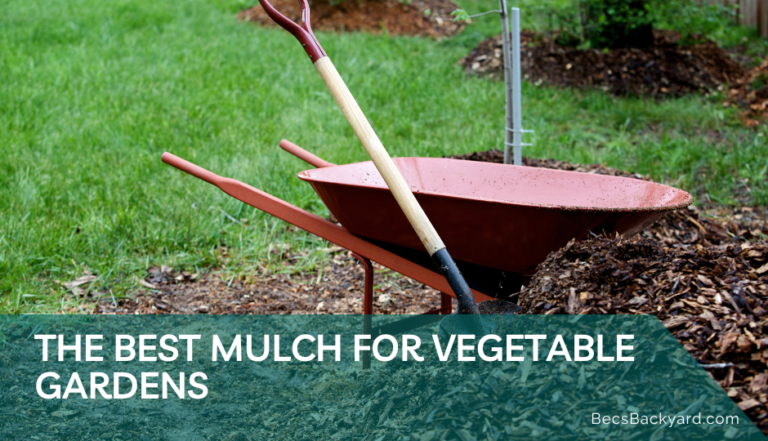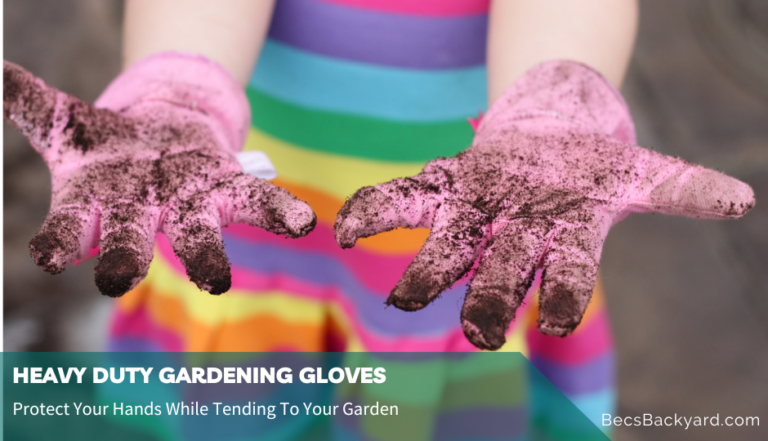What are Good Vegetables to Grow in Summer? A Guide to Choosing the Best Summer Veggies

Growing your own vegetables in the summer can be a rewarding and healthy experience. Not only do you get to enjoy fresh produce, but you also have the satisfaction of knowing exactly where your food comes from. However, not all vegetables are suitable for summer growing – What are good vegetables to grow in Summer? In this article, we’ll explore some of the best vegetables to grow during the summer months.
When it comes to summer vegetables, it’s important to choose varieties that can handle the heat and humidity. Some vegetables, like tomatoes and peppers, thrive in the warm weather and can produce a bountiful harvest. Other vegetables, such as leafy greens, may bolt and become bitter in the heat. By selecting the right vegetables for your summer garden, you can ensure a successful and delicious harvest.
Whether you’re a seasoned gardener or a beginner, growing your own vegetables in the summer is a great way to enjoy fresh, healthy produce. In the following paragraphs, we’ll take a closer look at some of the best vegetables to grow in the summer, along with tips for planting and caring for your garden.

Tomatoes

Although not strictly a vegetable, this fruit/vege is a versitile and if well looked after you can get a bountiful crop
Zucchini

Another versitile vegetable that can be used for salads, on a barbeque or even in baking.

Why Grow Vegetables in Summer
Summer is the perfect time to grow your own vegetables. There are many benefits to growing vegetables in summer, including:
- Fresh and nutritious produce: Growing your own vegetables ensures that you have access to fresh and nutritious produce. You can harvest your vegetables at their peak ripeness, which means they will be packed with flavor and nutrients.
- Cost-effective: Growing your own vegetables can save you money in the long run. You can grow a variety of vegetables for a fraction of the cost of buying them at the grocery store.
- Sustainable: Growing your own vegetables is a sustainable practice that reduces your carbon footprint. You can reduce the amount of energy and resources required to transport and store vegetables.
- Fun and rewarding: Gardening can be a fun and rewarding hobby. It allows you to connect with nature and take pride in your accomplishments.
Some popular summer vegetables to grow include tomatoes, peppers, cucumbers, zucchini, and beans. These vegetables thrive in warm weather and can be grown in a variety of settings, including pots, raised beds, and traditional gardens.
Whether you are a seasoned gardener or a beginner, growing vegetables in summer is a great way to enjoy fresh and nutritious produce while also reducing your environmental impact.
What are Good Vegetables to Grow in Summer
Summer is the perfect time to grow vegetables, as the warm weather and longer days provide ideal growing conditions. When it comes to selecting which vegetables to grow in the summer, there are several factors to consider, including the climate in your area, the amount of sunlight your garden receives, and the soil quality.
Some popular summer vegetables include tomatoes, peppers, cucumbers, zucchini, and beans. These vegetables thrive in the warm weather and can produce a bountiful harvest if grown in the right conditions.
It’s important to note that not all vegetables will grow well in the summer heat. Some vegetables, such as broccoli and cauliflower, prefer cooler temperatures and may struggle to grow in the summer. However, there are still plenty of options for those looking to grow vegetables during the summer months.
When selecting which vegetables to grow in your summer garden, consider the following factors:
Climate: Different vegetables thrive in different climates. Be sure to choose vegetables that are well-suited for the climate in your area.
Sunlight: Most vegetables require at least 6 hours of sunlight per day to grow properly. Make sure your garden receives enough sunlight to support the vegetables you plan to grow.
Soil quality: Good soil is essential for growing healthy vegetables. Make sure your soil is rich in nutrients and has good drainage to support your plants.
By taking these factors into consideration, you can select the best summer vegetables for your garden and ensure a successful harvest.
Top Vegetables to Grow in Summer
Tomatoes
Tomatoes are a must-have in any summer garden. They are easy to grow and can be used in a variety of dishes. There are hundreds of types of tomatoes, from big, juicy slicers to sweet cherries. Some popular varieties include:
| Variety | Description |
|---|---|
| Beefsteak | Large, meaty, and perfect for slicing |
| Cherry | Small and sweet, great for snacking |
| Roma | Firm and meaty, perfect for sauces and canning |

Cucumbers
Cucumbers are another summer garden staple. They are easy to grow and can be used in salads, sandwiches, and pickles. Some popular varieties include:
| Variety | Description |
|---|---|
| Armenian | Long and thin, with a slightly sweet flavor |
| English | Long and slender, with a mild flavor |
| Pickling | Small and crunchy, perfect for pickling |

Bell Peppers
Bell peppers are a colorful addition to any summer garden. They are sweet and crunchy and can be used in a variety of dishes. Some popular varieties include:
| Variety | Description |
|---|---|
| Green | Mild and slightly bitter, perfect for stuffing |
| Red | Sweet and juicy, great for salads |
| Yellow | Mild and slightly sweet, perfect for grilling |

Zucchini
Zucchini is a fast-growing summer squash that is easy to grow and incredibly versatile. It can be used in stir-fries, salads, and even baked goods. Some popular varieties include:
| Variety | Description |
|---|---|
| Black Beauty | Dark green and tender, perfect for grilling |
| Cocozelle | Light green and striped, great for sautéing |
| Yellow | Bright yellow and slightly sweet, great for baking |

Eggplants
Eggplants are a heat-loving vegetable that is perfect for summer gardens. They are delicious grilled, roasted, or fried. Some popular varieties include:
| Variety | Description |
|---|---|
| Black Beauty | Large and dark purple, perfect for grilling |
| Japanese | Small and slender, with a mild flavor |
| Rosa Bianca | Light purple and tender, great for roasting |

These are just a few of the many vegetables that are perfect for summer gardens. With a little care and attention, you can enjoy a bountiful harvest of fresh, delicious produce all season long.
Preparing Your Garden for Summer Vegetables
Soil Preparation
Before planting your summer vegetables, it is important to prepare the soil. Start by removing any weeds or debris from the area where you plan to plant. Then, use a garden fork or tiller to loosen the soil to a depth of at least 12 inches. Mix in compost or aged manure to improve soil fertility and texture. You can also add a slow-release fertilizer to provide your plants with the nutrients they need throughout the growing season.
Watering Needs
Summer vegetables need consistent moisture to thrive, so it is important to water them regularly. Aim to give your plants about an inch of water per week, either through rainfall or irrigation. To prevent disease, avoid getting the leaves wet when watering. Instead, water at the base of the plants and use a soaker hose or drip irrigation system to deliver water directly to the roots.
Sunlight Requirements
Most summer vegetables need at least six hours of direct sunlight per day to grow and produce fruit. Choose a location for your garden that receives full sun, or at least partial sun if you are growing shade-tolerant crops like lettuce or spinach. If your garden is in a shady area, consider using reflective surfaces like white plastic or aluminum foil to redirect sunlight onto your plants.
By following these tips for soil preparation, watering, and sunlight, you can create the ideal growing conditions for your summer vegetables. With a little care and attention, you can enjoy a bountiful harvest of fresh, homegrown produce all season long.
Planting and Care Tips for Summer Vegetables
Planting Tips
When planting summer vegetables, it’s important to choose a location that receives at least six hours of direct sunlight per day. Most summer vegetables prefer well-draining soil that is rich in organic matter. Before planting, loosen the soil to a depth of at least 12 inches and mix in compost or aged manure.
It’s best to plant summer vegetables in the early morning or late afternoon when the sun is not as intense. This will help prevent transplant shock and give the plants time to adjust to their new environment.
Pest Control
Summer vegetables are susceptible to a variety of pests, including aphids, spider mites, and squash bugs. To control these pests, it’s important to monitor your plants regularly and take action at the first sign of infestation.
One effective method of pest control is to use companion planting. For example, planting marigolds near your tomatoes can help repel aphids and other pests. You can also use organic insecticides, such as neem oil or insecticidal soap, to control pests.
Harvesting Tips
The key to harvesting summer vegetables is to pick them at the right time. Most vegetables are ready to harvest when they reach maturity, which can vary depending on the variety and growing conditions.
When harvesting, use a sharp knife or pair of scissors to avoid damaging the plant. It’s also important to harvest regularly to encourage the plant to continue producing.
In summary, planting and caring for summer vegetables requires attention to detail and regular monitoring. By following these tips, you can ensure a bountiful harvest of healthy and delicious vegetables all summer long.
Benefits of Growing Your Own Summer Vegetables
Growing your own summer vegetables can have numerous benefits for both your health and the environment. Here are some of the benefits of growing your own summer vegetables:
- Better Taste and Nutritional Value: Homegrown vegetables are fresher and have a better taste compared to store-bought ones. They are also more nutritious as they are picked at the peak of ripeness and do not lose nutrients during transportation.
- Cost-Effective: Growing your own vegetables can save you money in the long run. You can grow a variety of vegetables for a fraction of the cost of buying them at the grocery store.
- Environmental Benefits: Growing your own vegetables can reduce your carbon footprint as it eliminates the need for transportation and packaging. It also reduces the use of pesticides and fertilizers, which can harm the environment.
- Physical Activity: Gardening is a great way to get some physical activity and exercise. It can improve your overall health and wellbeing.
- Educational Opportunity: Growing your own vegetables can be a great educational opportunity for children and adults alike. It can teach them about agriculture, nutrition, and the environment.
Overall, growing your own summer vegetables can be a rewarding experience that benefits both you and the environment.
Frequently Asked Questions
What is the best vegetable to grow in summer?
The best vegetable to grow in summer depends on your location, climate, and soil type. However, some of the most popular summer vegetables include tomatoes, peppers, cucumbers, zucchini, eggplant, and beans.
What vegetables can be planted in the hot summer?
Vegetables that can be planted in the hot summer include okra, sweet potatoes, black-eyed peas, and southern peas. These vegetables are heat-tolerant and can withstand high temperatures.
What vegetables can I plant in August?
In August, in the northern hemisphere, you can plant vegetables like beans, beets, carrots, collards, cucumbers, kale, lettuce, mustard greens, radishes, spinach, and turnips. These vegetables can grow well in the warm soil and still have enough time to mature before the first frost.
What veggies can I plant in July?
In July, in the northern hemisphere you can plant vegetables like beans, beets, carrots, collards, cucumbers, kale, lettuce, mustard greens, radishes, spinach, and turnips. These vegetables can grow well in the warm soil and still have enough time to mature before the first frost.
Easy vegetables to grow in summer
Some easy vegetables to grow in summer include tomatoes, peppers, cucumbers, zucchini, beans, lettuce, and herbs like basil and parsley. These vegetables are relatively low maintenance and can produce a good yield with proper care.
Spring and summer vegetables to grow
Spring and summer vegetables to grow include beans, beets, carrots, cucumbers, eggplants, lettuce, peppers, radishes, spinach, squash, tomatoes, and zucchini. These vegetables can thrive in the warm soil and provide a bountiful harvest during the growing season.
Conclusion
There are many great vegetables to grow during the summer months. From tomatoes and peppers to cucumbers and zucchini, there’s no shortage of delicious and nutritious options to choose from. Whether you’re a seasoned gardener or just starting out, planting a summer vegetable garden is a great way to enjoy fresh produce all season long. By following the tips and advice outlined in this article, you can ensure that your garden thrives and yields a bountiful harvest. So get out there, get your hands dirty, and start growing some delicious summer veggies!


